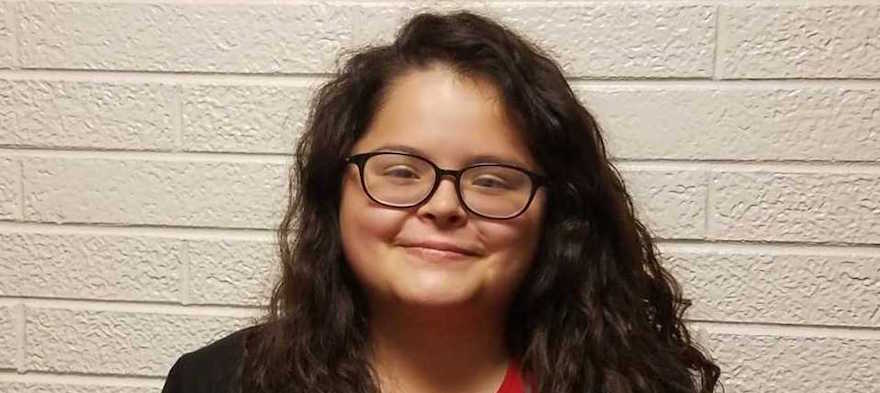
Students with higher levels of ethnic identity also have better reasoning ability and higher academic grades. Other research shows that individuals with an achieved ethnic identity have more positive self-esteem, have better psychological health and most important, have better coping skills to deal with racism.As a Latina who has experienced few opportunities to develop my own ethnic identity while in a diverse high school, I would argue that there needs to be more of a connection to identity within the material taught in concurrent-enrollment offerings. In doing so, students of color are better prepared for success in the higher-education system due to having a better understanding of one’s own identity. As a future Latina marriage and family therapist and author, I hope that high schools expand their concurrent enrollment offerings to give students of color the opportunity to develop higher levels of ethnic identity prior to attending an institution of higher education. Concurrent enrollment is an important experience for high school students, but the system needs to diversify its course offerings to better serve all students, especially those from diverse backgrounds.
Joselin Rivera currently attends Colorado State University and is majoring in Human Development and Family Studies with a concentration in Prevention and Intervention Studies as well as English. She is an intern with Young Aspiring Americans for Social and Political Activism where she uses her voice to benefit her community and those awaiting societal change.
The fight for educational equity has never been just about schools. The real North Star for this work is providing opportunities for each child to thrive into adulthood. This means that our advocacy...
Your donation will support the work we do at brightbeam to shine a light on the voices who challenge decision makers to provide the learning opportunities all children need to thrive.
Ed Post is the flagship website platform of brightbeam, a 501(c3) network of education activists and influencers demanding a better education and a brighter future for every child.
© 2020–2024 brightbeam. All rights reserved.